Get Back on Your Feet with Effective Physical Therapy After Head Injury
Integrative Care for Concussion / Traumatic Brain Injury Sufferers
in Ft. Lauderdale, Tampa and Orlando, Florida
Transform Your Life with Effective Physical Therapy After Head Injury
Physical therapy After Head Injury is a critical component of the rehabilitation process for individuals who have suffered head injuries.
Recover Faster with Expert Physical Therapy After Head Injury at Radius TBI
What is The Main Goal for Physical therapy after a Head Injury?
The main goal of meeting with physical therapist after a head injury is to help individuals regain their ability to move and function independently.
Physical therapists use various techniques, including exercise programs, manual therapy, and electrical stimulation, to help individuals regain their physical abilities. These techniques rebuild strength, flexibility, and coordination, allowing individuals to perform everyday activities like walking, standing, and reaching.
Head injuries can cause pain and stiffness in affected areas of the body, making it difficult for individuals to perform daily activities.
Physical therapists may use techniques like massage and heat therapy to alleviate pain and stiffness, improving overall comfort and quality of life.
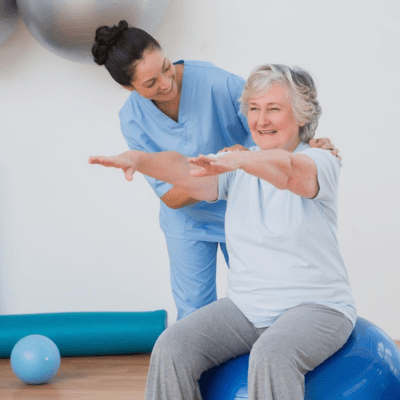
Get checked and get better with Our Brain Injury Physical Therapy in Florida
How Does Physical Therapist Helps?
Balance and coordination can be affected by head injuries, leading to falls and other accidents. Physical therapists work with individuals to develop targeted exercises and activities that improve core strength, stability, and motor skills, improving balance and coordination.
Cognitive rehabilitation is another critical aspect of physical therapy for individuals with head injuries. Cognitive rehabilitation helps individuals relearn essential skills, such as problem-solving, memory, and attention; their head injury may have impacted that.
Our therapists develop personalized cognitive rehabilitation plans focusing on improving cognitive functioning and overall quality of life.
Rehabilitation is essential for individuals looking to regain their independence and improve their overall quality of life following a head injury.
It helps individuals regain physical strength and mobility, manage pain and discomfort, improve balance and coordination, and enhance cognitive functioning.
Physical therapy is an important aspect of rehabilitation for individuals who have suffered from head injuries. It helps individuals regain their physical strength and mobility, improve their balance and coordination, manage pain and discomfort, and enhance their overall quality of life.
Our traumatic brain injury physical therapists play a critical role in helping individuals recover from head injuries, helping them to rebuild their lives. With the help of physical therapist, individuals can regain their independence and improve their overall quality of life following a head injury.
According to the Centers for Disease Control and Prevention (CDC):
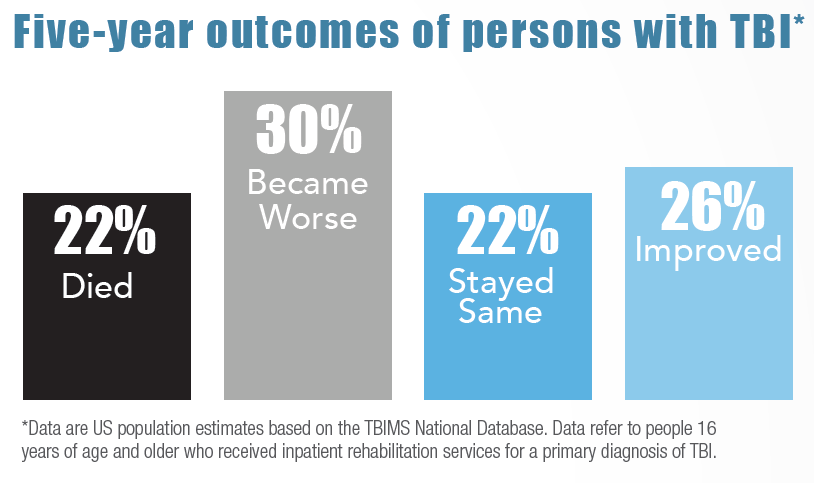
Five-year outcomes of persons with (Traumatic Brain Injury) TBI: 22% died, 30% became worse, 22% stayed the same, and 26% improved. Data are US population estimates based on the TBIMS National Database. *Data refer to people 16 years of age and older who received inpatient rehabilitation services for a primary diagnosis of TBI.
Source: https://www.cdc.gov
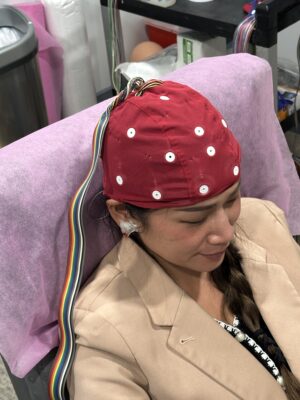
QEEG Brain Map Interpretation
In the world of neuroscience, one of the advanced tools used to understand brain function is the Quantitative Electroencephalogram (QEEG), often referred to as brain mapping. But who interprets these intricate brain maps, and why

Meet Our No.1 Best Neuropsychologist in Tampa, FL Location
At Radius TBI, we pride ourselves on providing exceptional care for individuals suffering from traumatic brain injuries (TBI) and concussions. Our integrated medical team in Tampa, FL, includes some of the most respected and experienced
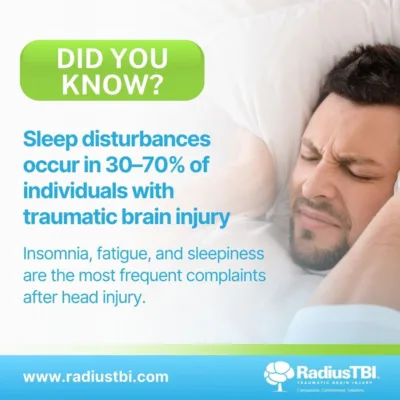
Sleep Disturbance
Did you know? Dealing with a traumatic brain injury (TBI) often means navigating a range of complications, one of the most prevalent being sleep disturbances. Surprisingly, 30-70% of individuals with a TBI experience some form
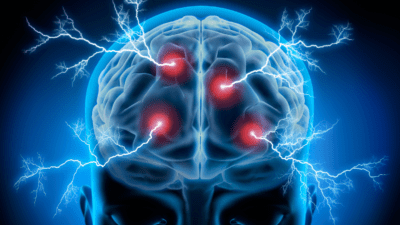
Understanding Routine EEG, QEEG, and Ambulatory EEG Tests
EEG, QEEG, and Ambulatory EEG are distinct forms of electroencephalography, each serving unique purposes in the diagnosis and monitoring of neurological conditions.
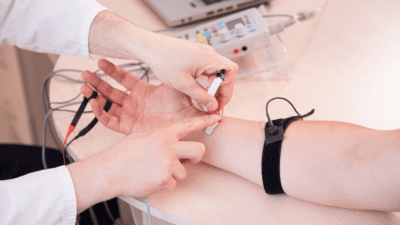
A Deep Dive into Electromyography (EMG Test): Decoding the Language of Muscles and Nerves
Electromyography (EMG) is a diagnostic procedure that plays a crucial role in unraveling the intricacies of the neuromuscular system. By measuring the electrical activity within muscles and the nerves controlling them, EMG provides valuable insights

